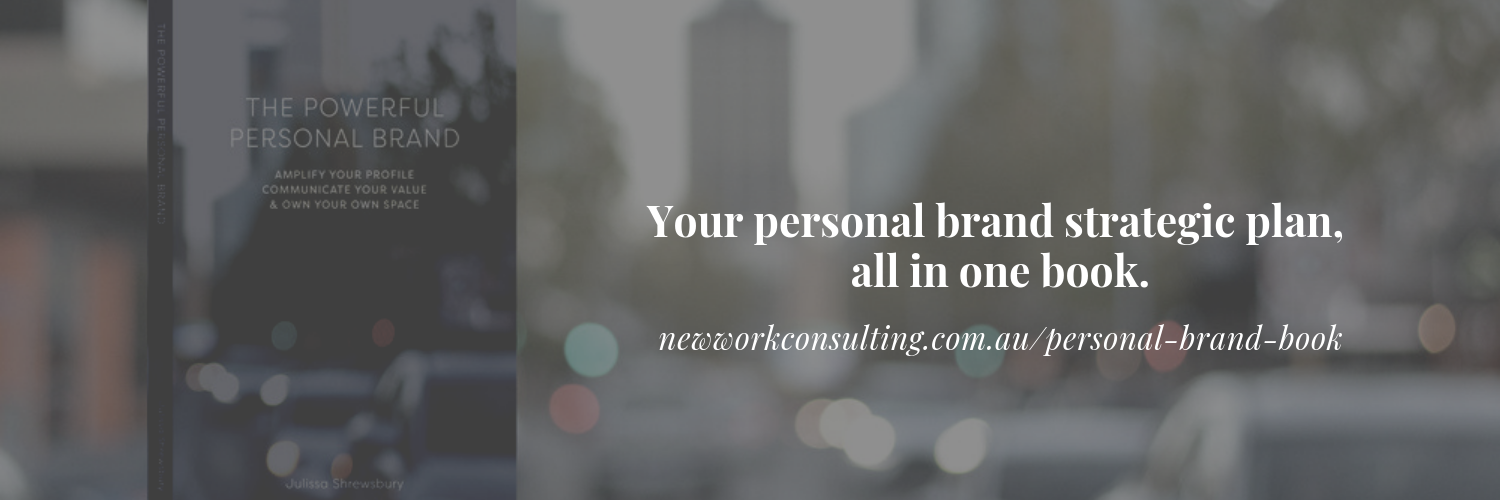Online Personal Brand Tips for Crisis Mode: Beware confusion and emotion
We are all manoeuvring through unknown territory right now and there are many positive and negative outcomes observable all around us.
In this series on ‘Online Personal Brand Tips for Crisis Mode’, I want to share some of my observations and the lessons we can take from them, when it comes to your personal brand (what you are presenting about yourself) online.
In this first article of the series, I’m sharing some observations and tips about the dangers of unchecked confusion and emotion online.
‘Well-intentioned misinformation’
I recently heard this wonderful phrase from an accountant who has spent the last few weeks deep-diving into the governments’ support packages as they are announced, in order to guide his clients in a timely way. He expressed frustration at the plentiful ‘well-intentioned misinformation’ that is circulating, where people are eager to help but where their advice may be premature or flawed.
It’s certainly tricky navigating the fast pace of change and the nuances of developments as they unfold and sometimes course-correct, but those in advisory roles or those seen as advisors to their audience need to be extra careful with what they are putting out there right now – not just because of the potential damage to their own reputation, but more importantly – because someone might be taking that advice.
In a recent video I described my own frustration at the irrelevance of some content where podcasters are continuing ‘business as usual’ and not giving sufficient thought to how advice about growing your business or making money etc. may be received right now. It’s not that this subject matter is no longer relevant; it’s that it can’t be treated in the same way as it was even a few weeks ago. As I mention in the video – this is resulting in hitting ‘unsubscribe’ as respect is lost.
Practical LinkedIn Tip on CONFUSION: Careful with what you endorse through ‘likes’
I have seen examples of very well-informed and skilful professionals writing posts with great information for their audience on LinkedIn… and then ‘liking’ every comment made on their post, whether the comment is helpful/well-informed or not.
Be aware that when you ‘like’ a comment someone has left on your post, it is not merely a ‘thank you’ for engaging with your material; it can be seen as an endorsement of what they are saying. So if what they are saying is factually incorrect, ensure you are not aligning with the actual comment by ‘liking it’. You can counter with the correct information, or you can ignore it, or you can remove the comment. Just don’t ‘like’ it automatically.
Who is the bigger person?
It’s perfectly acceptable to correct someone who provides information you know to be misguided. Or to defend your position if you know you are right and someone is criticising you. But how you choose to do this is what really matters.
As someone who shares content almost daily, I know how frustrating it is to be criticised publicly by someone who is saying something untrue or even ridiculous… or who hasn’t bothered to read your post properly before pointing out something they think you haven’t considered!
But that will only make you look bad if you descend to that level of exchange. As counterintuitive as it feels, try thanking them for the comment before continuing with a measured response.
I cannot believe the amount of comments I see on LinkedIn – what is meant to be a professional platform – that reveal their authors to be less than professional. Heated comments that are overly defensive or personally insulting (even if in a ‘subtle’ passive-aggressive way) achieve nothing more than a demonstration of someone’s deeper feelings of inferiority and lack of professional judgement in the moment.
I’m not saying emotion has no place in business – showing emotion is good when it is constructive, supportive, inspirational or serves to connect people. But acting out because you don’t like what someone is saying has no place in professional conversations.
Practical LinkedIn Tip on EMOTION: If you wouldn’t say it to their face, don’t say it online
The truth is most people wouldn’t say those things, in that tone, to someone’s face, particularly someone they have just met or barely know. So why would you do it online… where everyone can see your heated reaction?
The difference between those who get emotional and those who choose to be the bigger person gives us the best example of the gap in people’s personal brands. While some don’t even see what they are communicating about themselves… others are building deep trust through their everyday reactions and interactions online.
Hope this is helpful! If you have a topic you would like me to address in the ‘Online Personal Brand Tips for Crisis Mode’ series, please let me know!


